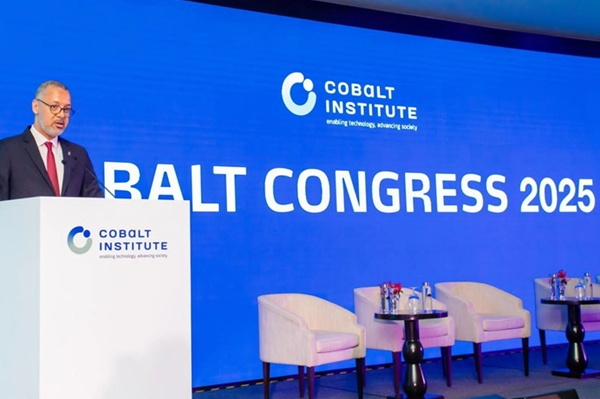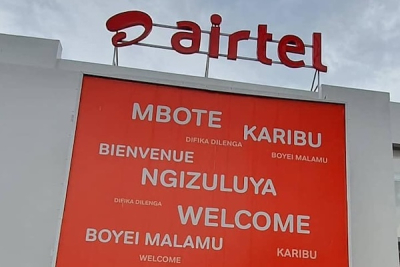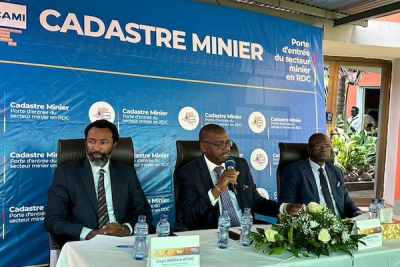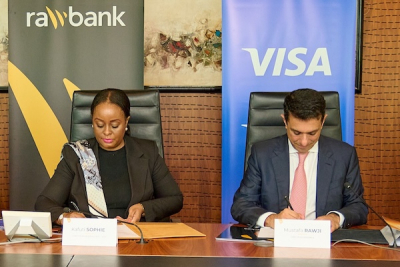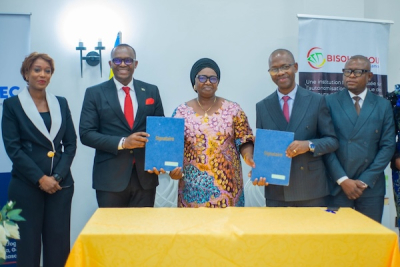Last February, the Democratic Republic of Congo (DRC) introduced a four-month ban on cobalt exports. The ban is currently being reviewed, according to the Congolese Minister of Mines, Kizito Pakabomba. The official made the statement on May 14, in Singapore, at the Cobalt Congress 2025.
When the ban was issued, the Autorité de Régulation et de Contrôle des Marchés des Substances Minérales Stratégiques (Arecoms) had indicated that an assessment would be conducted three months after the measure took effect. Depending on the results, the measure could be adapted or lifted.
While the ban is set to expire in a month, Kinshasa remains vague about its intentions. At the Council of Ministers meeting on March 14, Prime Minister Judith Suminwa Tuluka presented the introduction of quotas as the next step in a plan to “stabilize” the cobalt market.
However, the volumes involved and the terms of application have yet to be specified. There is also no update on the DRC’s progress on its cooperation project with Indonesia, the world’s second-largest cobalt producer with a 9.66% market share. “The officials concerned by these actions were called upon to implement them with celerity and efficiency,” minutes of the May 14 Council read.
A few weeks after the Council of Ministers, President Félix Tshisekedi mentioned the possibility of extending the ban. The leader also mentioned “new strategies to ensure market balance and lay the foundations for sustainable local industrialization,” without providing further details.
As the world’s leading producer, with over 70% of global supply, the DRC has a major influence on the market, both in terms of supply and prices. It banned exports amid falling prices, caused by overproduction in Congolese and Indonesian mines.
Since the ban was imposed, prices have soared by over 50%. Between the reduction in producers’ external stocks and uncertainties over Congolese decisions, the price of cobalt on the London Metal Exchange (LME) has risen from $21,000 per tonne at the end of February to over $33,000 in mid-May.
However, any indication of a massive return of Congolese cobalt to the market could cause prices to fall again, especially as the country’s two main producers, China’s CMOC and Switzerland’s Glencore, have not announced any suspension of production. Whether it is a matter of quotas, an extension of the embargo, or other measures, all eyes will remain on Kinshasa until June 22, when the current decision expires.
This article was initially published in French by Pierre Mukoko (Ecofin Agency)
Edited in English by Ola Schad Akinocho






